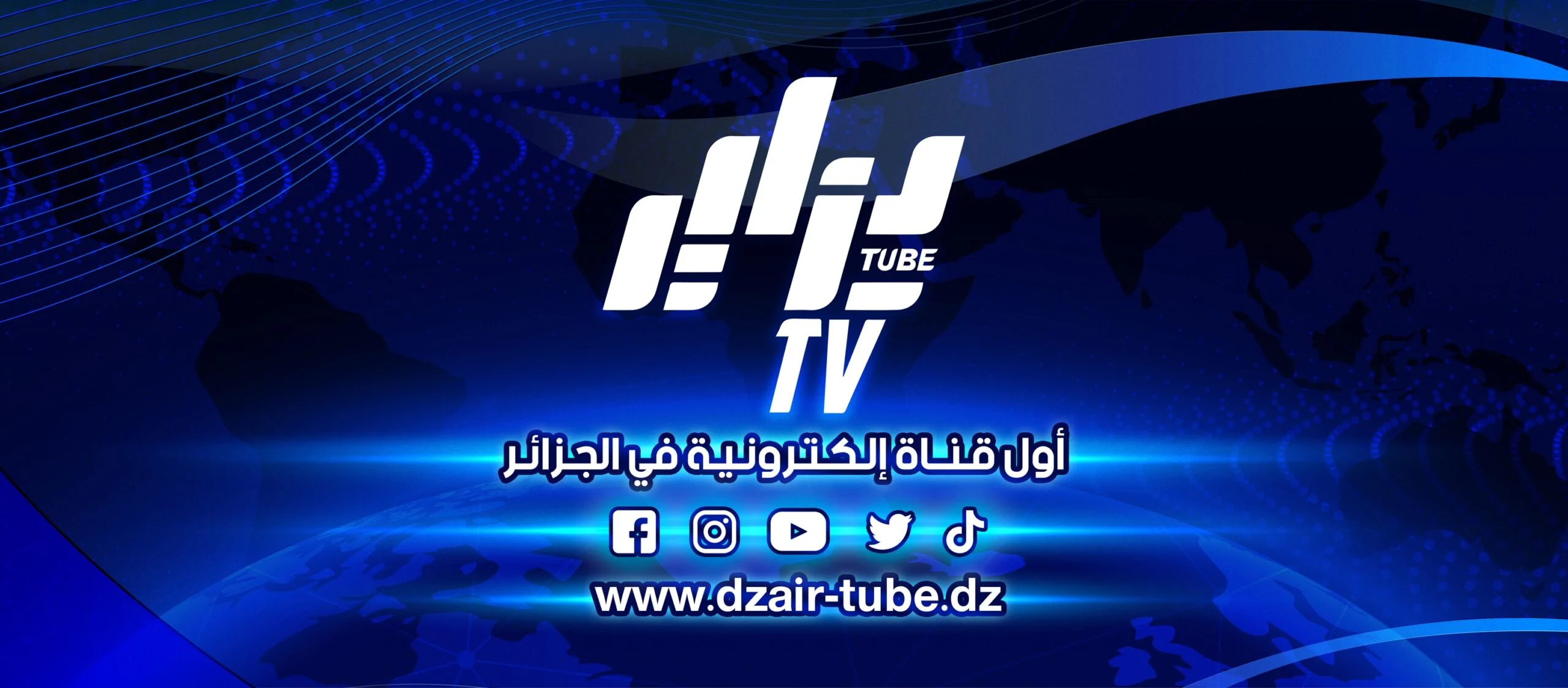✍️ BY: Dr. Hana Saada
A damning documentary and growing international media coverage expose the Moroccan regime’s war on truth, silencing Sahrawi voices with brutality, censorship, and systemic repression.
─────────────◆─────────────
Algiers, Algeria | July 6th, 2025 — In the occupied territory of Western Sahara, where sand and silence often conspire to bury the cries of the oppressed, a quiet war rages — not merely over land, but over memory, narrative, and visibility. Since Morocco’s 1975 military invasion of the territory, its occupation has metastasized into a full-fledged war against image, word, and witness. The regime’s systematic targeting of Sahrawi journalists and information networks is not collateral damage; it is the strategy.
In a land that represents Africa’s last colony, media blackout is state doctrine. Foreign journalists are banned. International organizations are denied access. Moroccan authorities rule with an iron grip that extends to shuttering cameras, arresting citizen reporters, and punishing those who dare document truth.
Amid this suffocating information siege, the Sahrawi press has risen as a frontline of resistance — not with tanks or weapons, but with cameras smuggled into alleys, smartphones hidden beneath scarves, and a commitment to testimony that verges on martyrdom.
A striking emblem of this resistance is the documentary “Three Stolen Cameras”, produced by Equipe Média, a fearless Sahrawi media collective. The film, banned in Morocco and persecuted at every level, has become a visceral chronicle of life under occupation — of beatings, surveillance, and the cat-and-mouse game waged between regime forces and those brave enough to hold a lens to oppression.
Directed by Sahrawi journalist Ahmed Ettanji, the film is more than reportage — it is an indictment. “We created this documentary,” Ettanji said in an interview with Cuba’s Prensa Latina, “because there was an urgent need to break Morocco’s information blockade and bring the daily reality of our people into the light.” Each scene in the film was captured at the risk of detention, torture — or worse.
The impact has been seismic. Screened at global festivals, universities, and policy forums, “Three Stolen Cameras” has reignited interest in the Sahrawi plight, forcing once-indifferent audiences to reckon with a reality long obscured by diplomatic apathy and Moroccan propaganda. The documentary’s haunting narrative has become, in the words of one Latin American journalist, “the testimony that shredded the veil.”
And the world is slowly taking note. A series of exposés in Latin American, German, and Spanish media have laid bare the Moroccan regime’s machinery of silencing. In Junge Welt and Neues Deutschland, two leading German newspapers, journalists cited former U.S. National Security Advisor John Bolton, who denounced Morocco as the “main obstacle to a just and lasting resolution” to the Western Sahara conflict.
Likewise, La Nueva Revolución and La Sangre in Spain published detailed interviews with Ettanji and other Sahrawi journalists, revealing an apparatus of repression so relentless it includes life sentences handed down to reporters whose only crime was documenting truth. Six Sahrawi journalists are currently imprisoned, some tortured into false confessions, according to reports from Human Rights Watch and UN Special Rapporteurs.
This is not just a war on journalism. It is a war on existence.
Every confiscated camera, every banned documentary, every silenced witness represents a calculated attempt to erase the Sahrawi from history. As Ahmed Ettanji aptly stated, “We are not just journalists. We are freedom fighters with tripods.”
The stakes are not theoretical. Morocco’s Western Sahara policy is underwritten by a cynical cocktail of foreign complicity and economic opportunism. EU countries, despite court rulings declaring Morocco’s exploitation of Sahrawi resources illegal, continue to sign fisheries and trade deals that legitimize the occupation. The hypocrisy is staggering — and it does not go unnoticed by those documenting truth from the shadows.
Meanwhile, in Algeria, Cuba, South Africa, and across Latin America, voices are rising. Pro-Sahrawi solidarity movements are pressing their governments and international bodies to recognize the illegitimacy of the Moroccan presence and uphold the Sahrawi people’s right to self-determination — a right enshrined in over 60 UN resolutions but perpetually obstructed.
As international media rediscover the Western Sahara, they are finally amplifying what Sahrawi journalists have long been risking their lives to tell: that Morocco’s brutal occupation survives not because of strength, but because of silence — and that every picture smuggled out of Laayoune is a blow against that silence.
In the end, it may be three stolen cameras that restore stolen truth — and remind the world that no regime, however ruthless, can forever outlast the power of a people determined to be seen, heard, and free.

📡🌍 | About Dzair Tube Media Group | 🌍📡
━━━━━━━━━━━━━━━━━━━━━━━━━━━━━━━
📰 Dzair Tube is a trailblazer in Algerian digital journalism, delivering high-quality content in Arabic, French, and English. With more than 📈 500,000 daily clicks, it ranks among the most influential media platforms in the country.
🏆 Awarded the President of the Republic’s Prize for Professional Journalist in the Electronic Press category (🗓 October 22, 2022), Dzair Tube is widely recognized for its editorial excellence and integrity.
📱 Massive Digital Reach:
🔴 350,000+ YouTube subscribers
🔵 6 million+ followers across Facebook pages
📸 450,000+ Instagram followers
🎥 Operating from state-of-the-art studios, Dzair Tube broadcasts rich and diverse programming, including:
🗞 News | ⚽ Sports | 🎭 Entertainment | 🕌 Religion | 🎨 Culture
🗣️ Featuring interactive talk shows and exclusive interviews with prominent figures from politics, business, arts, and more, Dzair Tube serves as a key platform for public discourse and civic engagement.
📰 Its print sports daily, “Dzair Sport,” enjoys over 50,000 daily downloads via the official website—further cementing the platform’s multimedia leadership.
🎖️ Honored with the Media Leadership Award by the former Minister of Communication, Mohamed Laâgab, and celebrated at the Hilals of the Television awards, Dzair Tube continues to lead with innovation, influence, and impact.
━━━━━━━━━━━━━━━━━━━━━━━━━━━━━━━
🌐 Stay Connected:
🔗 Website: www.dzair-tube.dz
🔗 English: www.dzair-tube.dz/en
📲 Follow us on Facebook | Instagram | YouTube
━━━━━━━━━━━━━━━━━━━━━━━━━━━━━━━




